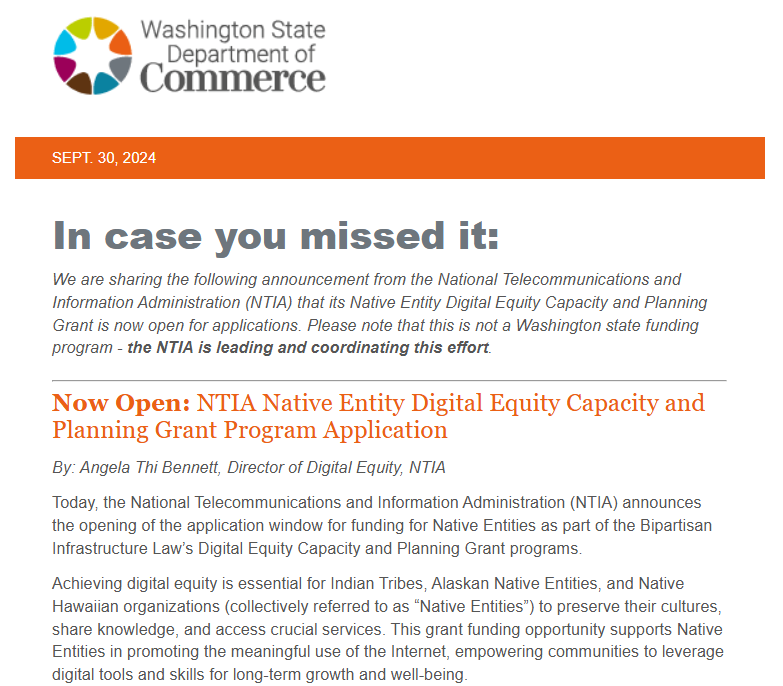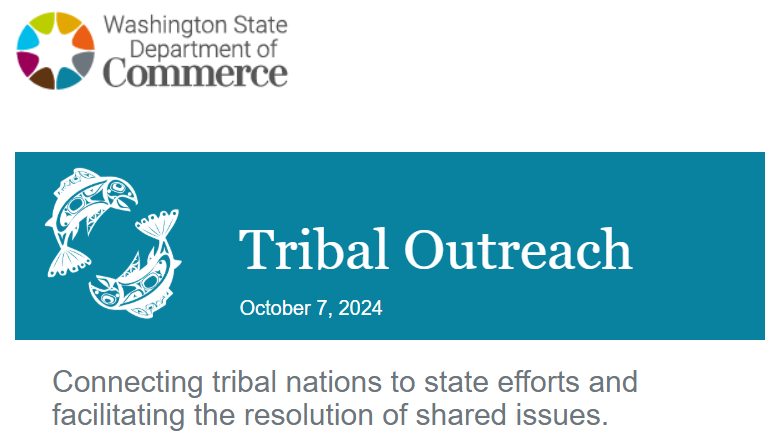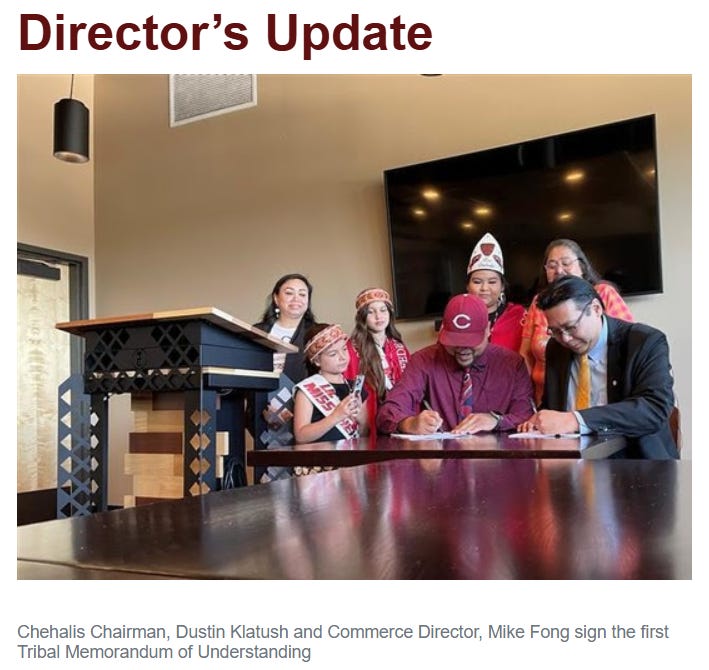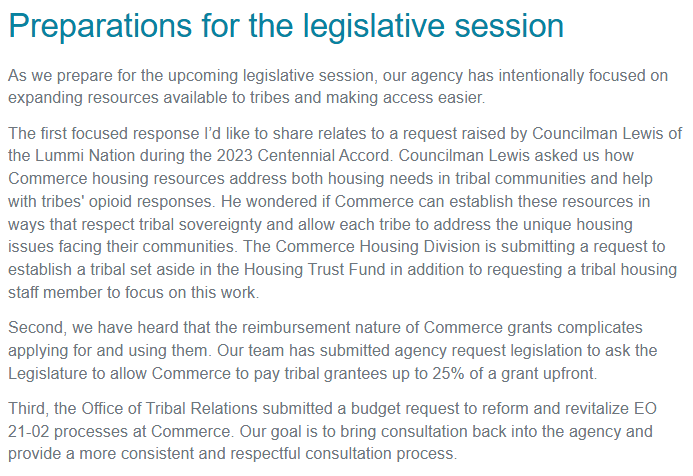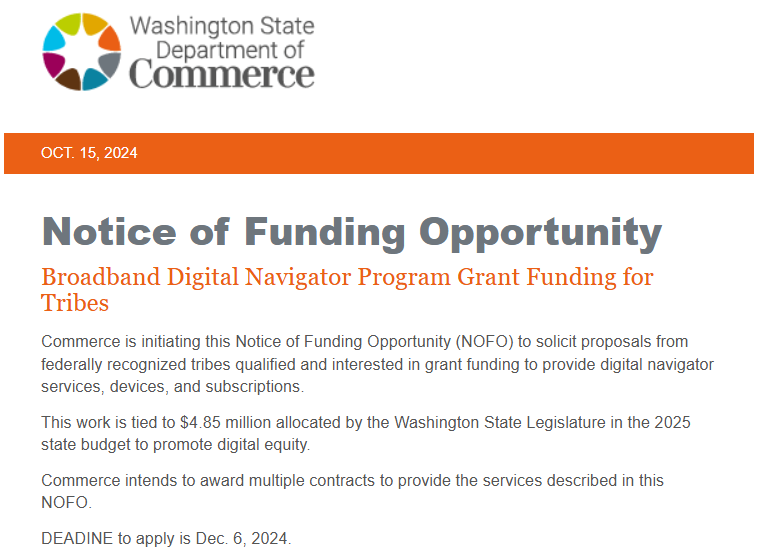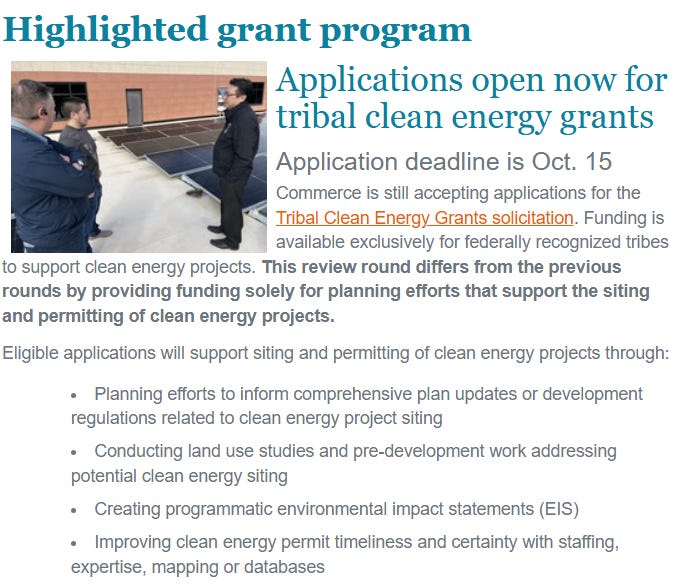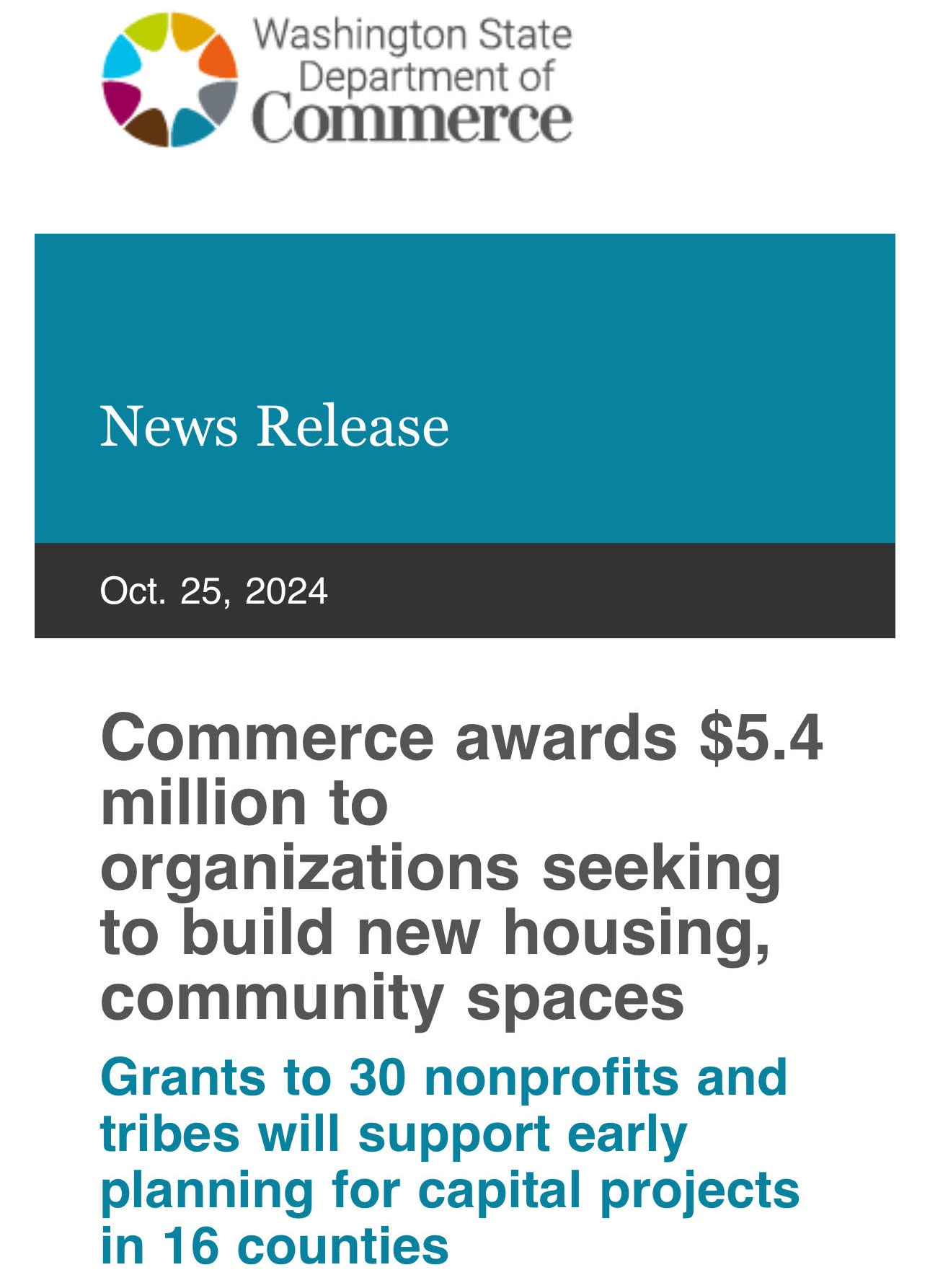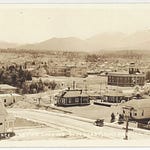Washington State is pouring millions into grant programs that are only available to tribal governments — bypassing equally struggling rural and low-income communities. Under the banner of “equity,” state and federal agencies are creating a two-tiered system of public access, where your eligibility depends not on your need, but on your identity. Is this justice — or taxpayer-funded discrimination?
Washington’s push for “equity” is no longer just a buzzword — it’s becoming a system of exclusivity. While taxpayers across the state just witnessed the biggest tax hike in state history, a growing number of public funding streams are available only to federally recognized tribes, even when similar needs exist in neighboring, non-tribal communities.
At the center of this shift is the Washington State Department of Commerce, the sprawling agency responsible for everything from housing to broadband, clean energy, and economic development. Commerce claims its mission is to “strengthen communities” and provide equitable access to resources. But if you're not part of a federally recognized tribe, you might be watching millions of dollars pass you by.
Exclusive access, government-funded
On September 30, 2024, the National Telecommunications and Information Administration (NTIA) — part of the U.S. Department of Commerce — opened applications for its Native Entity Digital Equity Capacity and Planning Grant. The program offers $45.3 million in total, but there’s a catch: only Indian Tribes, Alaska Native Entities, and Native Hawaiian organizations can apply.
Meant to support Internet access and digital inclusion, the grants are off-limits to rural school districts, underserved seniors, struggling veterans, and other low-income communities unless they qualify as tribal.
The NTIA makes no apology for the racial barrier: “Investing in digital equity empowers Native Entities to strengthen their communities and increase self-sufficiency.” That’s fine — but what about everyone else?
Backed by the state — and codified
The federal prioritization is echoed by Washington State’s own Office of Tribal Relations, a dedicated arm of the Department of Commerce that has quietly expanded its reach and influence.
In an October 2024 internal update, Commerce Director Mike Fong outlined efforts to build a race-based infrastructure around grant disbursement:
MOUs with tribal governments that “expedite contracting” and override traditional state review processes.
Tribal set-asides in the Housing Trust Fund, diverting state dollars exclusively to tribal use.
Legislative requests to allow tribes to receive 25% of grant funds upfront, avoiding standard reimbursement rules.
Staff expansions to manage tribal-only grant support and technical assistance.
Exclusive tribal clean energy grants — no applications accepted from non-tribal communities, even in energy-poor rural areas.
This isn’t a fringe program. It’s a system-wide recalibration of public access, coordinated across agencies and actively lobbied for in Olympia.
"Equity" or exclusion?
Commerce frames these actions as “restorative justice” and a necessary response to tribal sovereignty. But to many in underserved parts of Clallam County — from La Push to Blyn — it sounds like something else: exclusion.
Why are non-tribal communities that face opioid crises, housing shortages, or lack Internet access ineligible for the very same help being fast-tracked elsewhere?
In the words of one Clallam County resident:
“We’re all hurting. But only some of us are allowed a lifeline — the rest just get to read the press release.”
The trend also raises legal questions. Can a state government discriminate by race or tribal status in awarding public funds? What about communities with intergenerational poverty or environmental injustice but without federal tribal recognition?
At what point does equity for one group become inequality for the rest?
The real divide
While the Washington State Department of Commerce congratulates itself for “strengthening tribal partnerships,” many rural, working-class residents feel abandoned. They don’t begrudge support for tribes — but they’re asking for impartial treatment, not favoritism.
In the rush to prove its progressive credentials, Commerce may have forgotten a basic rule of public service: taxpayer dollars should serve the whole public. Not just the politically favored.
Last Equitable Wednesday, readers were asked if they believe it's fair for tax-exempt corporations like the Jamestown Tribe to receive public praise for charitable donations, while not paying taxes. Of 274 votes:
92% said “no”
5% said “yes”
3% were unsure.



